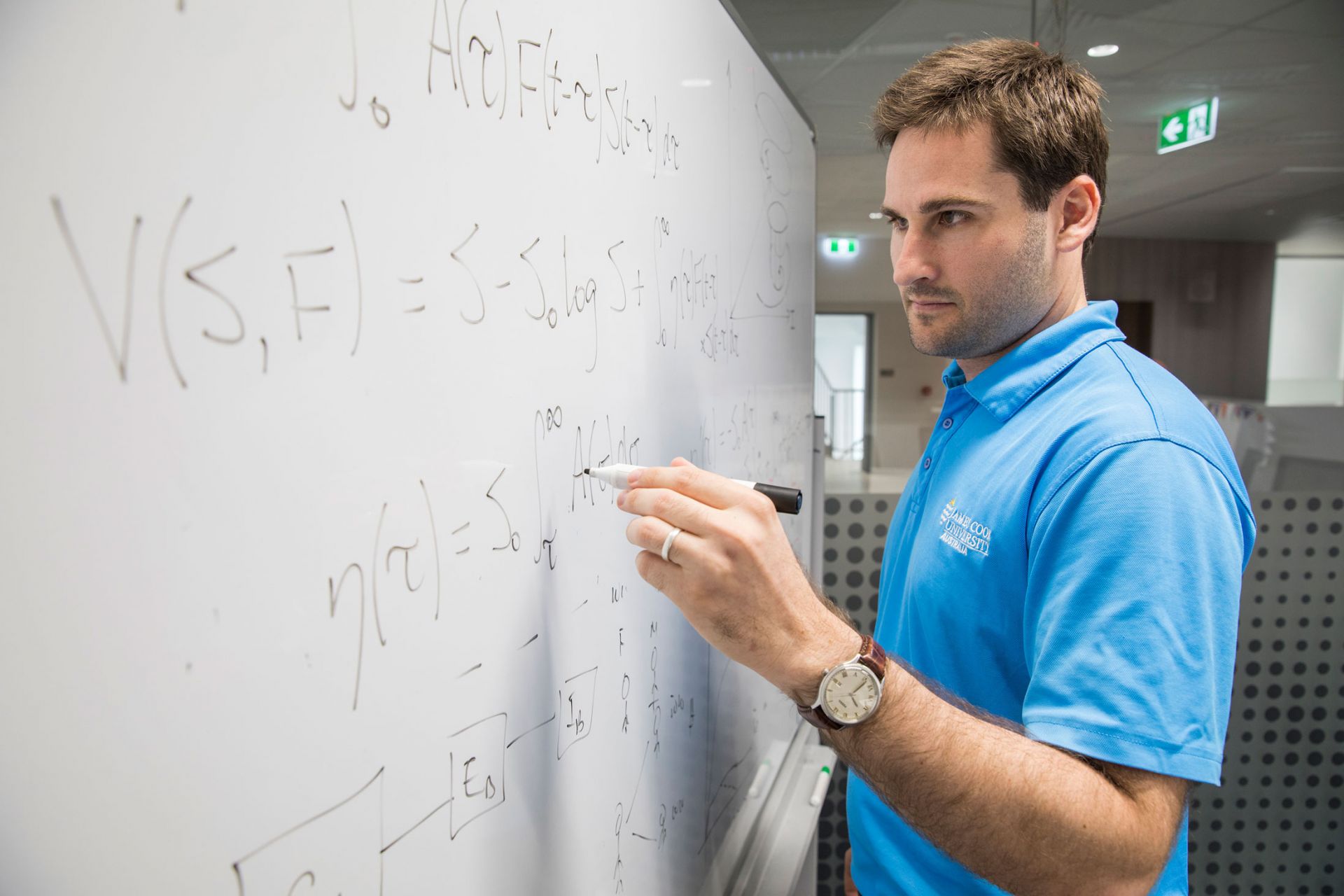Media Releases
The future of infectious disease modelling?

A researcher at James Cook University’s Australian Institute of Tropical Health and Medicine (AITHM) is developing a world-leading system to model and analyse the spread of infectious diseases, such as COVID-19.
Dr Michael Meehan will use genetic sequencing data to reconstruct epidemic outbreaks, to enable rapid and effective disease surveillance.
“My approach combines traditional transmission modelling with principles from evolutionary biology to reconstruct ongoing outbreak dynamics,” he said.
“These models will allow us to estimate several important characteristics of new and emerging infectious diseases, including the transmission rate and the period of infectiousness.”
Dr Meehan said his research aimed to deliver improved intervention systems to enhance Australia’s preparedness to respond to any infectious threat.
“Current approaches often fail to account for the natural history of infection, the impact of control measures, or the super-spreading behaviour that drives epidemics,” he said.
“My concept will help shift the traditional retrospective focus into a real-time analysis and response.
“For what I believe is the first time, my model will consider the natural progression of the infection, the transmission characteristics of individual hosts, and account for different strains of the virus.”
Dr Meehan’s research will use publicly-available genomic data for common pathogens including tuberculosis, influenza, and SARS-CoV-19, the virus that causes COVID-19, and will be developed into open-source software.
“I want to make sure these developments are made widely available and adopted,” he said.
“Therefore, I aim to develop modelling software that is easily available to the relevant organisations, to enable rapid and effective disease surveillance.”
Dr Meehan also anticipates his research will have non-human benefits as well.
“Because these methods encompass plant, animal and human hosts, they can be used to monitor and control Australia’s agriculture and aquaculture industries as well,” he said.
“I also plan to work on a model to investigate outbreaks in prawn hatcheries in regional Queensland.”
Dr Meehan has received a 2021 Australian Research Council Discover Early Career Researcher Award (DECRA) Fellowship to further this work.
Dr Michael Meehan